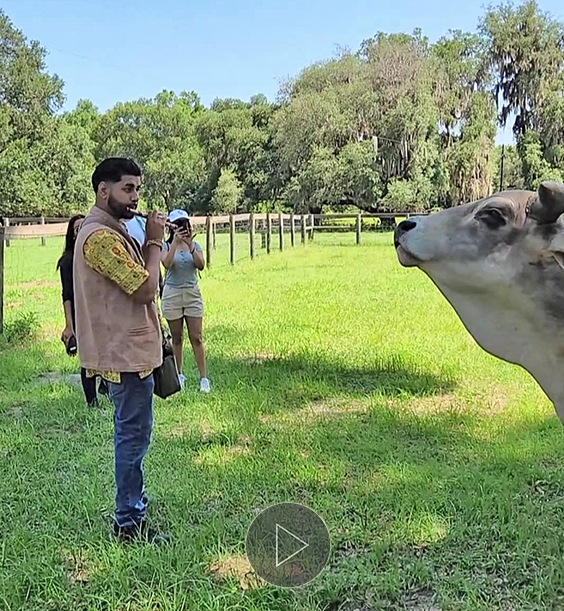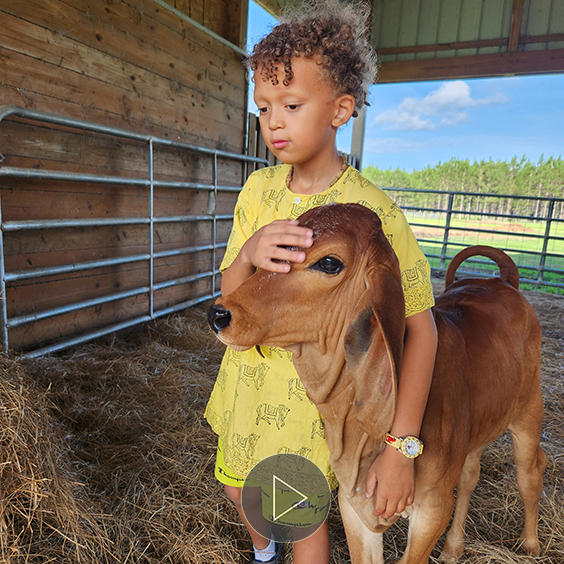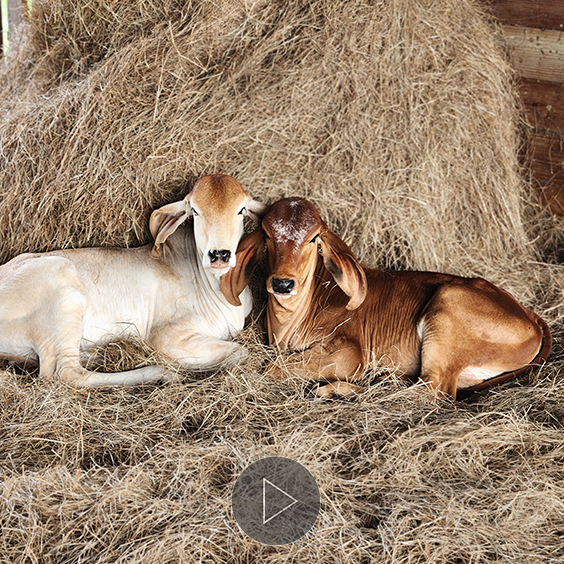- ISCOWP E-newsletters
YOU completed the $50,000 Matching Gift Challenge early! Thank you so much! Together, we are protecting cows and spreading the kno...
The special status given to the cow in India has a long history. It goes all the way back to the Vedic period. With time, the significance of the cow got magnified. Hence many Hindu spiritual texts written at this time allude to the importance and sacredness of the cow. The revered position of the cow was challenged by the period of Muslim and British occupation, with the practice of cow slaughter existing. In 1882 the first cow protection society was established in Punjab, India.

Now India is one of the largest exporters of beef in the world. Currently, India exports dairy to 100 countries. The Indian government has approved the dairy industry’s planned expansion. Does India’s position as one of the world’s largest exporters of beef shock you? Another shocking fact is that India’s dairy production from the organized (20%) and unorganized (80%) sectors provides the meat industry with male cows and old and unproductive cows! The meat industry need not have the expense of feeding, housing, etc., of these animals. Because the dairy industry does that for them until the dairy can no longer profit from their upkeep. The relationship between the milk industry and the meat industry in the USA is similar.

According to the video Maa Ka Doodh (Mother’s Milk), the treatment of cows in India’s dairy industry is often horrific. The video is full of facts and research supporting its premise. One may say, “What about Ahimsa milk?” The unorganized sector, 80% of India’s dairy production, includes many who label their milk “Ahimsa.” According to the video, the cows in much of this sector also live horrific lives. Be ready for some disturbing visuals of the horrific treatment of cows in India when you click on the video link. “Cows can only be protected when you stop drinking milk,” says Maneka Gandhi, one of the video’s main presenters.
1) Stop drinking milk.
2) Decrease your milk intake.
3) Try to obtain your milk from the most ethical source you can find.

There is no regulative organization in the USA, India, or anywhere that oversees “Ahimsa” dairies. According to Cruelty-Free Milk Explained: Ranking The Worst To The Best, “As any specific organization does not regulate ahimsa milk, there are no set standards that farms must adhere to use it. For this reason, it’s impossible to know for sure whether the dairy products you’re buying from a farm with this label are genuinely cruelty-free.” Dr. Harsha, the main moderator of the video Maa Ka Doodh (Mother’s Milk), recommends, when considering buying milk from an “Ahimsa” dairy, to ask these questions, “Where are the male cows and bulls? Where are the old cows and dry cows?” We would add, “Do you artificially inseminate your cows?”
4) Adopt A Cow or support those who are educating others about the realities of the meat and dairy industries and the necessity of compassionate cow care.